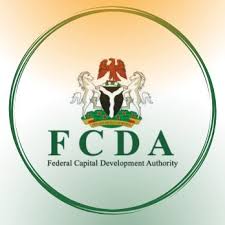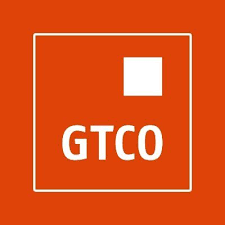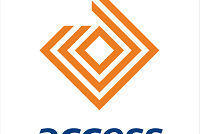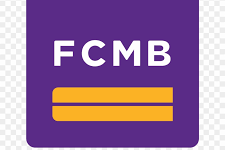HOW TO BUILD A DIVERSIFIED PORTFOLIO WITHOUT STOCK
Banking and Lending Edition
INVESTMENT
Fabian Agore
9/17/20252 min read


When people think about diversification, the first thing that comes to mind is often the stock market. But in economies like Nigeria—where stock investing may feel inaccessible, volatile, or overly complex—there are other practical ways to build a strong portfolio. Banking products, peer-to-peer (P2P) lending, and microfinance opportunities offer alternative routes to wealth creation. By blending these instruments, individuals can achieve steady returns while managing risk outside traditional equities.
1. The Role of Bank Products
Banks in Nigeria offer a range of low- to medium-risk products that serve as the foundation of a diversified portfolio.
• Fixed Deposits: These provide guaranteed interest over a set period. Though returns may be lower compared to riskier ventures, they are stable and predictable.
• Savings Accounts with High Interest: Some Nigerian banks now offer tiered savings options with higher interest rates, rewarding consistent deposits.
• Treasury Bills via Banks: Though technically government securities, banks provide easy access, giving investors safe, short-term returns.
For risk-averse individuals, these products act as the “safety net” portion of a portfolio. They may not generate outsized profits but help preserve capital.
2. Peer-to-Peer Lending (P2P)
P2P platforms are growing in Nigeria, connecting lenders directly with borrowers who need personal or business loans. Instead of going through banks, investors can fund loans themselves and earn attractive interest rates—sometimes between 15% and 30% annually.
• Advantages: Higher yields than savings accounts, diversification across multiple borrowers, and the ability to support local entrepreneurship.
• Risks: Default rates, fraud, and lack of strong regulatory oversight.
To mitigate risks, investors can spread their funds across many small loans, rather than committing large amounts to a single borrower. Choosing platforms with strong due diligence and risk-assessment models like bloomm.org also reduces exposure.
3. Microfinance Investments
Microfinance institutions (MFIs) in Nigeria focus on providing small loans to individuals and small businesses, particularly in rural or underserved communities. For investors, microfinance represents both a financial and social opportunity.
• Impact Investing: Returns are not just monetary; investors help empower women, farmers, and artisans who typically lack access to traditional banking.
• Returns: While lower than P2P lending, microfinance can still deliver modest profits while remaining relatively stable.
Some MFIs also allow for group investment pools, where funds are spread across hundreds of microloans, reducing individual risk.
4. Blending the Options
The key to diversification is balance. Here’s an example of how a Nigerian investor might structure a non-stock portfolio:
• 40% in bank products (fixed deposits, treasury bills) for safety and liquidity.
• 35% in P2P lending, spread across multiple borrowers for higher returns.
• 25% in microfinance investments, for social impact and additional diversification.
This blend ensures that while part of the portfolio earns modest but stable returns, another portion generates higher yields, and a third contributes to long-term financial inclusion.
5. Final Thoughts
Building a diversified portfolio without stocks is not only possible in Nigeria—it can be practical and rewarding. By carefully combining bank products, P2P lending, and microfinance investments, individuals can reduce risk, generate income, and contribute to economic growth. The most important step is to remain cautious: conduct thorough due diligence, diversify across instruments, and keep liquidity needs in mind.
For Nigerians seeking wealth creation outside the stock market, banking and lending instruments provide a reliable path toward financial security and impact-driven growth.
Visit this page daily for your dose of financial sense to power up your wealth growth. Also, share with your family, friends and colleagues.





